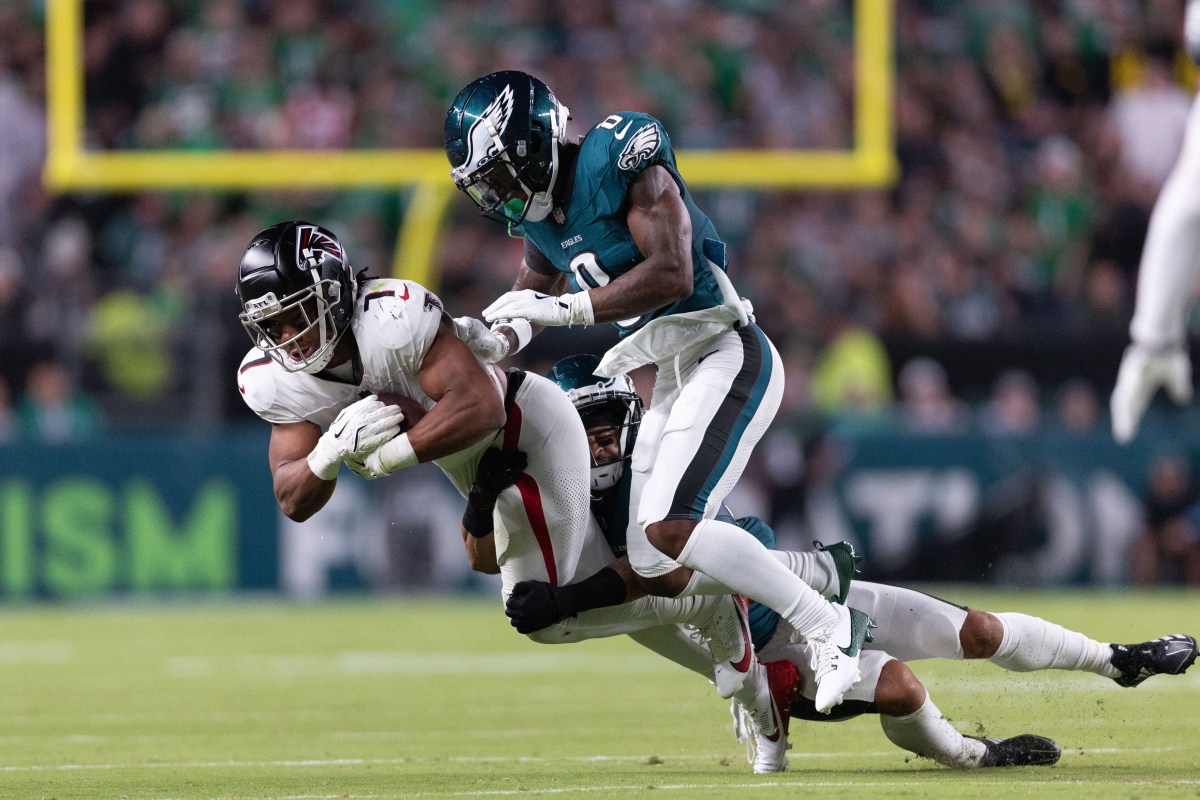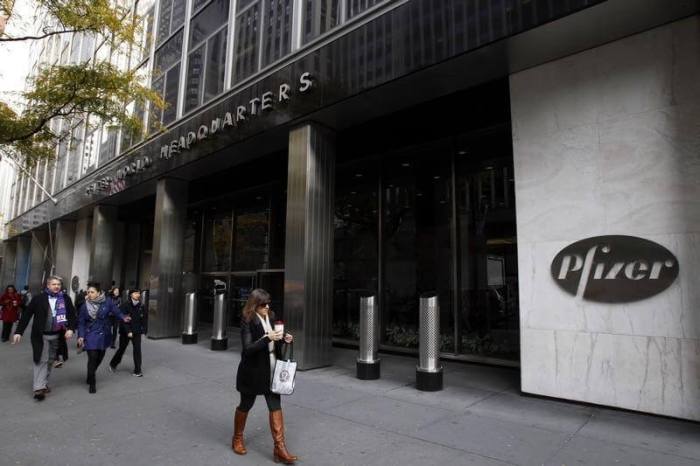By Tom Brown
NEW YORK (Reuters) – An administrative judge hearing an insider trading case against a former Wells Fargo & Co managing director cautioned on Monday that U.S. regulators may have fallen short of tough new requirements for proving insider trading. U.S. Securities and Exchange Commission Administrative Law Judge Jason Patil delivered the warning to SEC lawyers after hearing arguments in a civil proceeding against Joseph Ruggieri.
Ruggieri, who traded healthcare stocks for Wells Fargo, is accused by the SEC of unlawfully trading on tips about imminent upgrades and downgrades in the ratings of various companies he covered.
Since a federal appeals court ruling in December, SEC lawyers and prosecutors face the additional burden of proving that traders knew that the source of inside information received a personal benefit in exchange for sharing non-public information. “With this case, the personal benefit element is a close question,” Patil said. “It is an extremely close question.”
Ruggieri is accused of having made only about $117,000 in profits for Wells Fargo by trading on tips from April 2010 through March 2011.
But his trial has garnered a disproportionate amount of attention because it began soon after the December ruling by the 2nd U.S. Circuit Court of Appeals.
That ruling has been viewed by securities lawyers as a setback for efforts to curb insider trading on Wall Street because it raised the bar for the SEC and prosecutors in proving the wrongful use of confidential or non-public information. The appeals court also narrowed what constitutes a benefit, saying it must be of “some consequence” and something more than just a gesture of friendship.
The SEC says Ruggieri received tips from Gregory Bolan, a former Wells Fargo research analyst who has reached a settlement with the SEC. Terms of the settlement have not yet been disclosed.
SEC lawyer Alex Vasilescu said in his closing argument that Bolan’s friendship with Ruggieri, and need for positive job feedback from him as a mentor who could advance his career, were enough to meet the 2nd Circuit ruling. Paul Ryan, Ruggieri’s lawyer, dismissed the argument as “preposterous.”
“The SEC’s case is a purely circumstantial one,” Ryan said in his closing argument. “This is the mother of all circumstantial cases.”
Patil said he would rule in the non-jury case by July 29. Possible civil penalties for insider trading include a fine, disgorgement of ill-gotten gains and a bar from the industry.
The case is In the Matter of Bolan and Ruggieri, U.S. Securities and Exchange Commission, Administrative Proceeding No. 3-16178.
(Reporting by Tom Brown; Editing by David Ingram and Leslie Adler)
U.S. judge says Wells Fargo insider trading case may fall short

By Tom Brown























